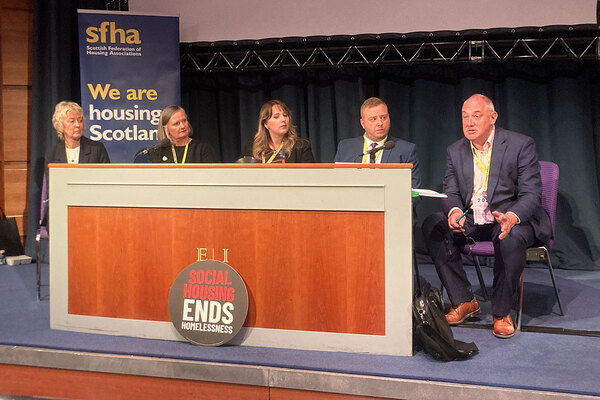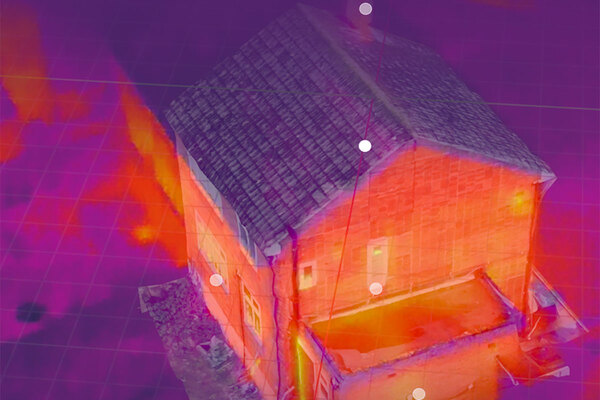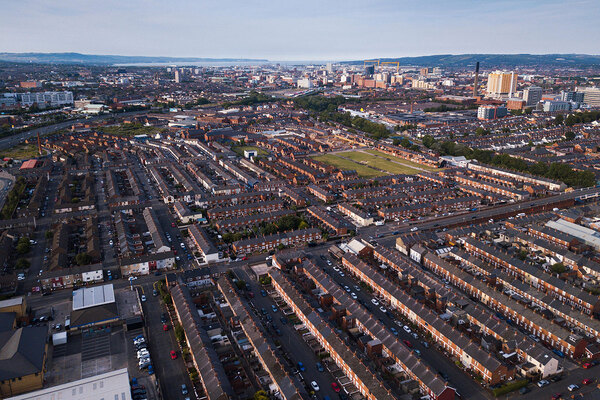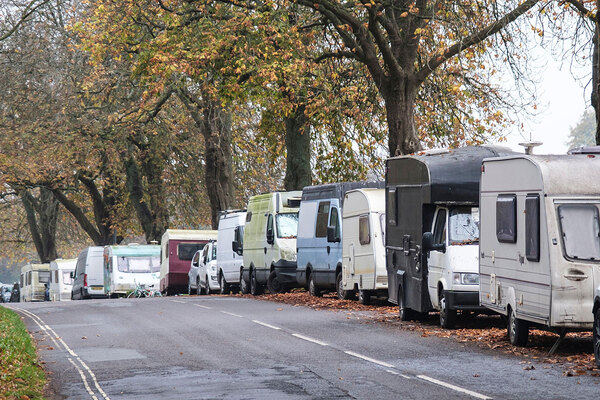Housing Bill with 6% rent cap passes first stage in Scottish parliament
The Housing (Scotland) Bill, which proposes a maximum private rent cap of 6% and homelessness prevention duties for landlords, has passed its first stage in the Scottish parliament.
A total of 83 MSPs voted in favour of the legislation in Holyrood on 28 November, while 31 voted against, four abstained and 11 did not vote.
The bill aims to tackle poverty across Scotland by strengthening tenants’ rights through a system of rent controls in a way that maintains investment.
It also places a stronger emphasis on homelessness prevention, based on better coordination across services, and both social and private landlords providing support earlier.
As it stands, private rent rises will be capped at the Consumer Price Index plus 1%, up to a maximum of 6%. This cap will apply to rent rises both during the term of a tenancy and between tenancies.
A further consultation in spring 2025 will seek views on how Scottish ministers could use powers to allow exemption from rent controls or rent rises above the cap.
Housing associations argue that their mid-market rent tenure should be exempt from the rent cap, while build-to-rent providers wish to exempt themselves from the between-tenancy cap.
At stage 2, MSPs can propose amendments to the bill. Any MSP can suggest amendments, but only members of the stage 2 committee can decide on them.
Paul McLennan, the Scottish housing minister, said: “The Housing (Scotland) Bill will play an important role in helping to tackle poverty by keeping rents affordable and ensuring people can stay in their homes.
“Ensuring everyone has the right to a safe and stable home is essential to the Scottish government’s priority of ending child poverty, and the bill will play a role in reaching that goal.
“Scotland has led the way in protecting tenants and providing rights for homeless people. The Housing (Scotland) Bill aims to create a rental system that improves the rights of tenants while maintaining investment, and provides greater support for people threatened with homelessness.
“I am pleased parliament has supported the general principles of the legislation, especially on our proposals for a system of rent controls that keep costs lower for tenants.”
Living Rent, Scotland’s tenants’ union, said: “We need to celebrate the vote bringing rent controls one step closer. But landlords are fighting hard and it’s clear there is a lot of work to be done.”
David Melhuish, director of the Scottish Property Federation, which represents developers, said: “We believe the proposals for consulting on the bill’s framework powers for exemptions from the rent control regulations must be addressed to encourage and facilitate new housing investment for Scotland, given that at least £500m of investment could already have been lost as the policy of rent controls has been formed.
“Of particular concern remains the application of rent controls on empty properties in between tenancies. This part of the bill must be reconsidered if we are to restore investor confidence and begin to address the housing shortfall.”
Sign up for our Scotland newsletter
Already have an account? Click here to manage your newsletters












